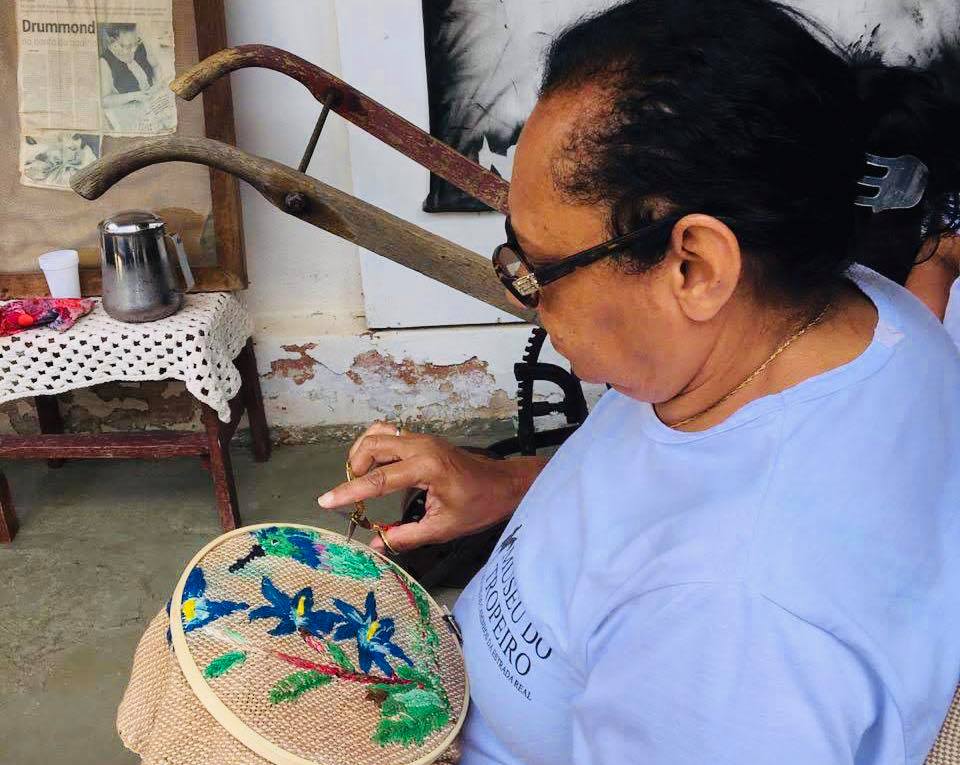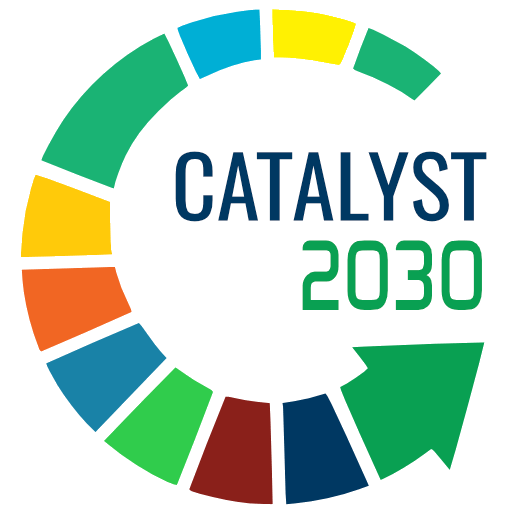
Hands that embroider plants, flowers, and animals that are endemic to Ipoema, a region surrounded by a national park and around 90 kilometers from Belo Horizonte, the capital of Minas Gerais State in the Southeast of Brazil. Hands that embroider their identity, culture, and tradition. 13 women are part of Ipoema’s Embroiderers Project, rescuing and empowering themselves through their history and, now, expanding their potential to the world through a creative economy social project.
In the last few weeks, we launched another project through Vale Foundation. The embroiderers will go through a more active and effective process of entrepreneurship qualification. The group will have orientation sessions about design, lectures, and workshops on traditional and contemporary embroidery techniques, amongst other themes. They will also create their own collection that will go to market after all the capacitation stages, as well as continuing the collection together with the craftswoman from Senhora do Carmo district.
“The project strengthens local knowledge, contributing to the transformation of a tradition that is recreating a way to be in the market. The products are stylish, useful accessories, which at the same time keep their regional identity,” says Jussara Rocha, Raízes’ Project Coordinator.
Two projects, one affinity

Since May 2018, the seamstresses have collaborated with Flores do Carmo Project. We met the Ipoema group when we were widening the activities for Carmo´s collective, seeking to include other craftswomen groups and to enlarge the handicraft productive chain, while stimulating the regional creative economy, bringing together the weaving and embroidery.
This is how the Tropeirismo collection was created, with projects like the toiletry bags embroidered by the craftswomen from Ipoema. Since then, they have been part of the Handicraft National Fair, the Brasília National Salon, and together they have been participating in regional and local fairs. Additionally, the creations are also available through the website and can be sent all over Brazil.
The groups integrate, but at the same time, each one has its own identity. And that is very important in order to bring depth to this creative economy’s productive chain.
“This project is about equality; it is a female empowerment project. It is about women strengthening themselves and beginning to see that mutual support and sorority are important amongst them and that they are capable of generating income, capable of turning this activity into a job (which was before only seen as a possible hobby), with a real possibility of changing and achieving dreams. Now they see themselves as stronger and more capable, and this is fundamental for them to motivate other people; women and girls. They prove to themselves that they are capable of bringing a very positive impact to the local community, generating income, development, and visibility to the region,” concludes Jussara.
We will keep all of you readers updated as the project unfolds. Stay tuned!

